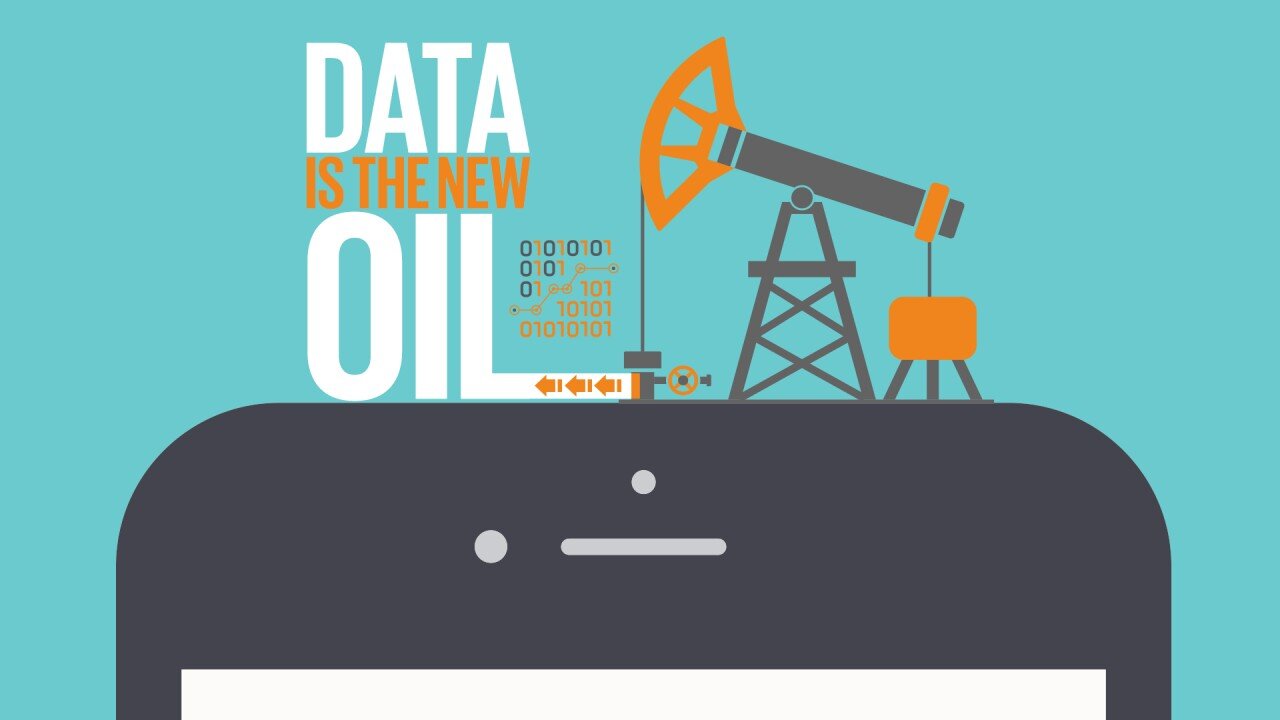Why data is called the new oil

TEHRAN - Have you ever wondered why people compare data to oil? At first glance, it might seem like a strange analogy. After all, oil is a physical resource that fuels our cars and powers factories, while data is intangible and lives in the digital realm. But this comparison is more than just a catchy phrase—it’s a way to understand the immense value and impact of data in our modern world. Let’s break it down.
Think about crude oil. In its raw form, it isn’t very useful. It needs to be extracted, refined, and transformed into gasoline, plastic, or other products to unlock its value. Data works in a similar way. Numbers, clicks, and other raw information by themselves don’t mean much. However, when they are collected, organized, and analyzed, they can reveal patterns, predict trends, and provide insights that businesses and individuals can act on. For example, your favorite streaming platform doesn’t just guess what you might want to watch next; it uses your viewing history and other data to recommend shows and movies tailored to your preferences.
During the industrial revolution, oil became the driving force behind new technologies and industries. Similarly, in today’s digital age, data powers innovation across sectors like healthcare, finance, education, and entertainment. Take urban planning as an example. Cities around the world are using data to reduce traffic congestion, optimize energy use, and improve public services. In healthcare, data helps doctors make better diagnoses, predict disease outbreaks, and develop personalized treatment plans. The possibilities seem endless.
But why is data so valuable? The key lies in its ability to help us make better decisions. Retailers, for instance, analyze customer shopping habits to predict future demand and manage inventory more efficiently. Weather agencies use historical data to provide more accurate forecasts. On an individual level, data enables personalization—whether it’s the ads you see online or the playlist curated just for you. In many ways, data makes our lives easier and more convenient.
However, it’s important to remember that data isn’t without its challenges. The more we rely on data, the more questions arise about privacy and ethics. Who owns the data we generate? How should it be used, and by whom? These are important questions in an age where data breaches and misuse of personal information have become all too common. Another issue is that not everyone has equal access to the tools and expertise needed to make the most of data, which can widen the gap between large corporations and smaller players. And let’s not forget the environmental cost. Data centers consume enormous amounts of energy to store and process the information we generate every second.
Despite these challenges, the comparison between data and oil highlights the transformative power of this resource. Unlike oil, however, data is renewable. We create more of it every day as we interact online, use our devices, and go about our lives. The real question isn’t whether data is valuable, it clearly is but how we can use it responsibly to benefit everyone. If we can strike the right balance between innovation, ethics, and sustainability, the data-driven revolution could shape a brighter future for us all.
Leave a Comment